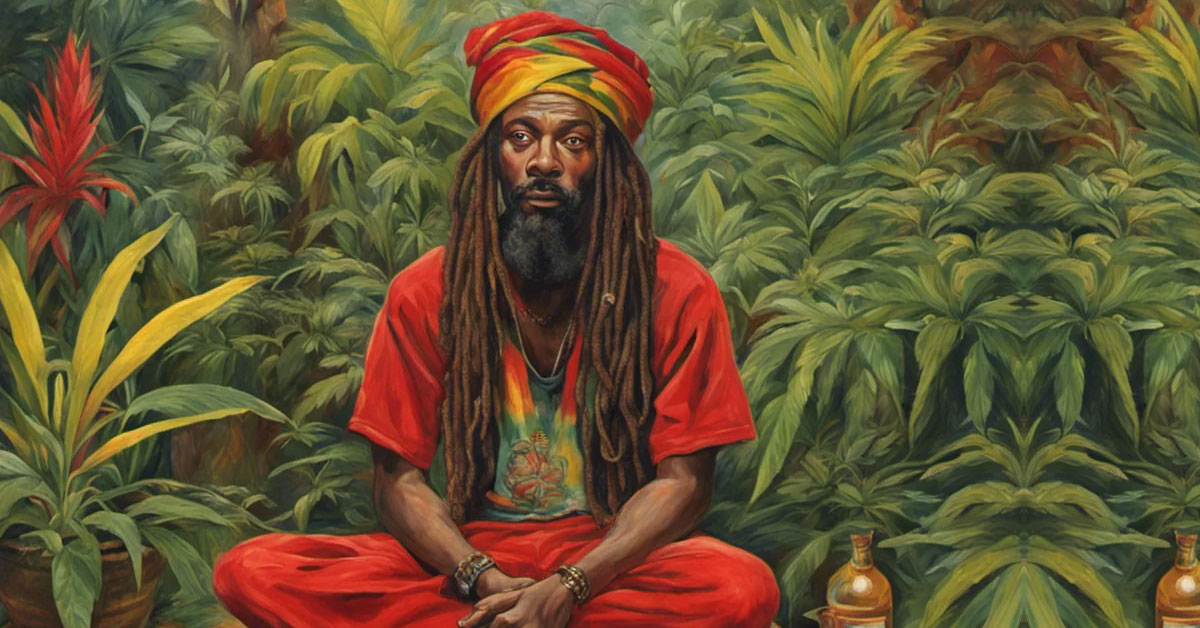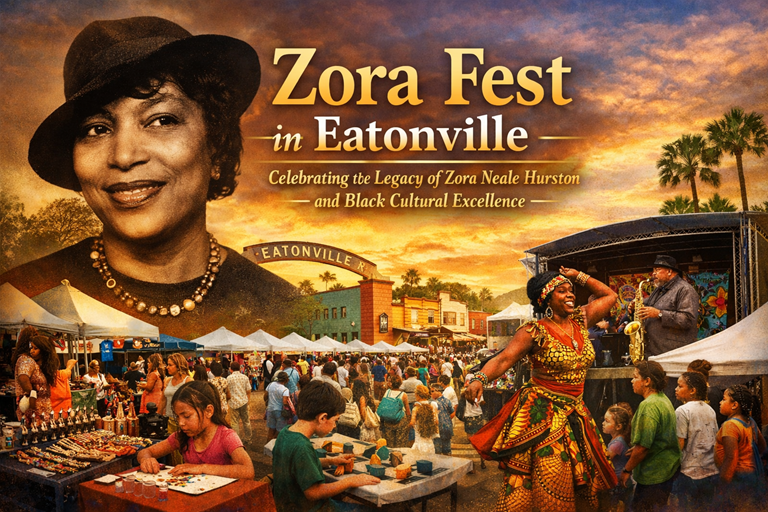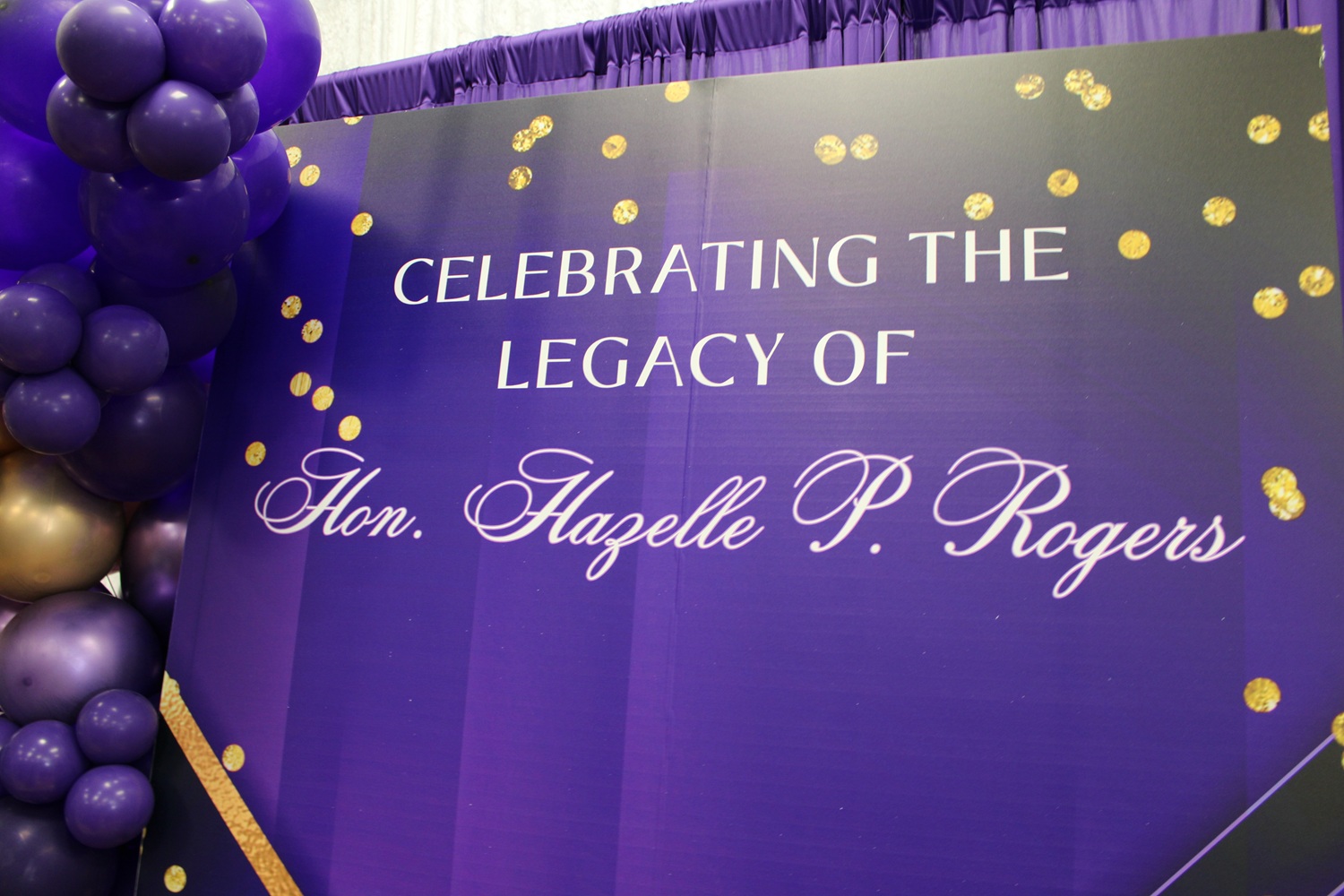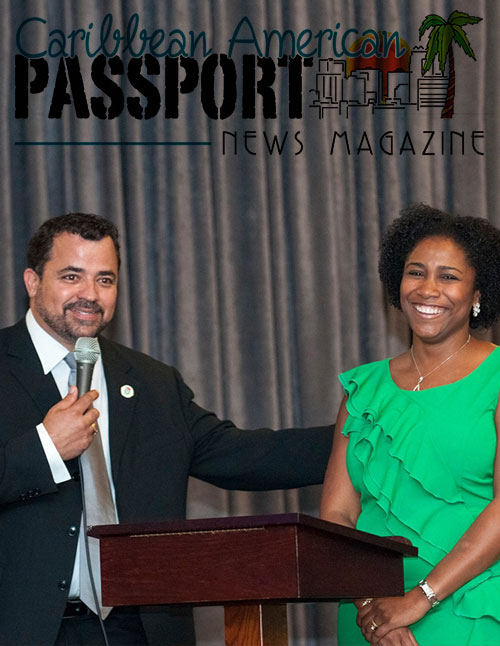Rastafari, religious and political movement, begun in Jamaica in the 1930s and adopted by many groups around the globe, that combines Protestant Christianity, mysticism, and a pan-African political consciousness, and since its beginnings, their proclaimed purpose have been to "return to Africa", but are they aware that Africa is not a country? Which country will they "return to"?
Journey Back to the Roots: Jamaican Rastafarian Group Prepares for Return to Africa
In the lush valleys and vibrant streets of Jamaica, a community of Rastafarians is abuzz with anticipation, preparing for a journey of immense significance - a return to Africa, the motherland. This pilgrimage represents a spiritual and cultural odyssey deeply rooted in the beliefs and ideals of the Rastafarian faith.
The Rastafarian movement emerged in Jamaica during the 1930s, inspired by the coronation of Ethiopian Emperor Haile Selassie I. Believing him to be the messiah, Rastafarians saw Ethiopia as their spiritual homeland, a place where they could find redemption and fulfillment. For decades, the notion of repatriation to Africa has been central to Rastafarian ideology, symbolizing a return to their African roots and a rejection of the legacy of slavery and oppression.
Now, in the twenty-first century, a group of Jamaican Rastafarians is actively planning and preparing for this momentous journey. With a mix of excitement, reverence, and determination, they are making meticulous arrangements to embark on a pilgrimage that holds profound significance for their community.
At the heart of their preparations lies a deep spiritual connection to Africa. For Rastafarians, Africa represents more than just a geographical location; it embodies a spiritual and ancestral connection that transcends borders and time. It is a land of promise and liberation, where they believe they will find belonging and unity with their African brothers and sisters.
Practical considerations are also paramount in the planning process. Organizers are coordinating logistics such as travel arrangements, accommodations, and provisions for the journey. This includes securing visas, arranging transportation, and ensuring access to essential resources along the way. It's a complex undertaking, requiring careful coordination and collaboration among community members.
Moreover, the return to Africa is not merely a physical journey but a cultural and ideological one as well. Rastafarians are committed to preserving and promoting their unique heritage as they prepare to reintegrate into African societies. This involves sharing their beliefs, traditions, and cultural practices while also respecting and learning from the diverse cultures they encounter.
For many Rastafarians, the return to Africa represents a fulfillment of prophecy—a realization of their long-held aspirations and dreams. It's a journey imbued with hope and expectation, as they seek to forge new connections and rediscover their roots. Yet, it's also a journey fraught with challenges and uncertainties, as they navigate unfamiliar terrain and confront the complexities of identity and belonging.
Despite the obstacles, the spirit of unity and solidarity within the Rastafarian community sustains them as they prepare for their voyage. They draw strength from their shared faith, convictions, and sense of purpose, believing that their return to Africa is not just a personal endeavor but a collective pilgrimage for the entire community.
As the departure date draws near, anticipation mounts among Jamaican Rastafarians, who see this journey as a pivotal moment in their history. It's a journey of self-discovery, cultural reconnection, and spiritual renewal—a testament to the enduring resilience and determination of the Rastafarian faith.
In the end, the return to Africa is more than a physical relocation; it's a symbolic homecoming—a reaffirmation of identity, heritage, and faith. For Jamaican Rastafarians, it represents a journey back to their roots, a reclamation of their African heritage, and a celebration of their enduring legacy.


















